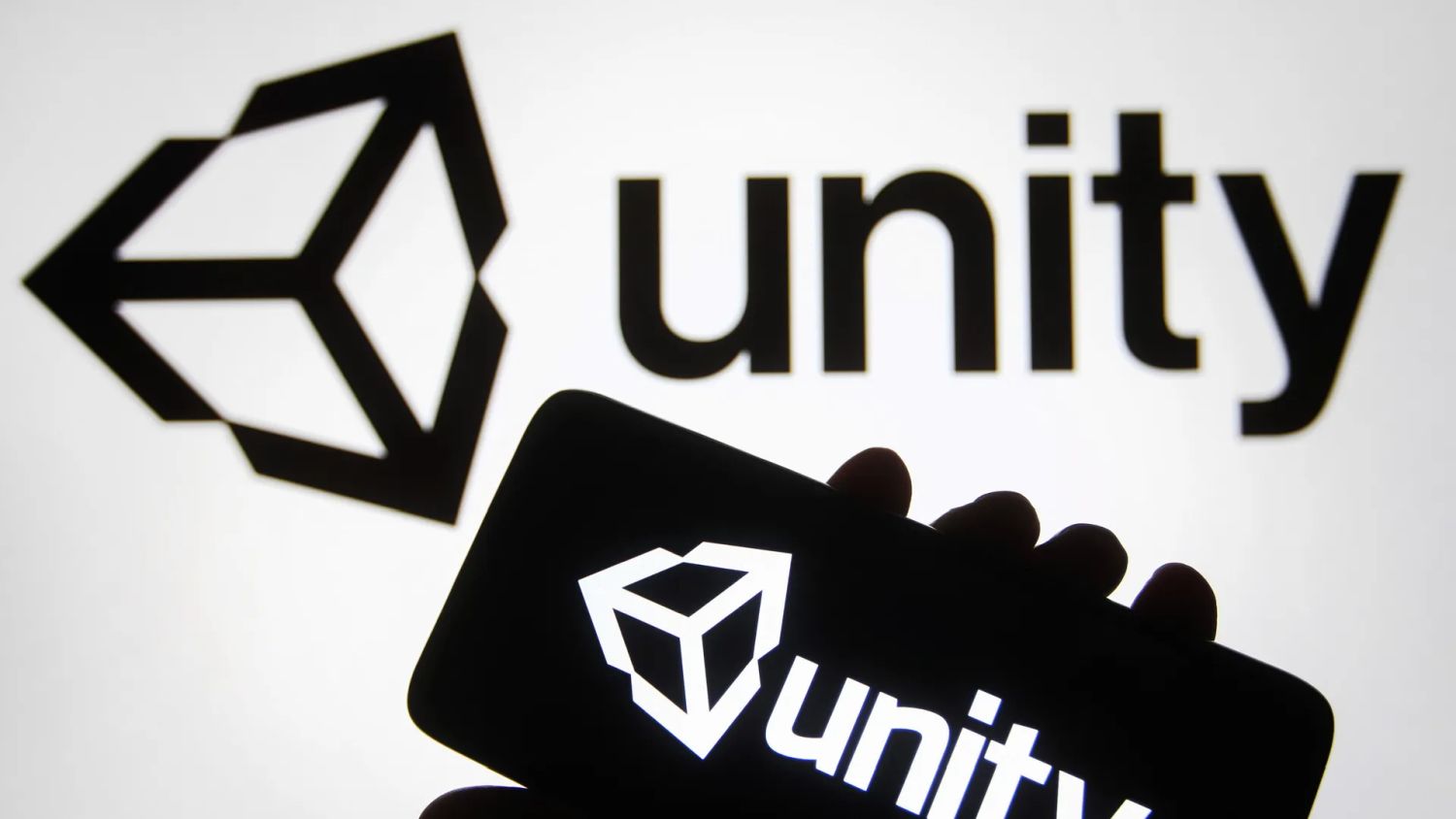Earlier this week, the game engine developer, Unity, dropped a bombshell of epic proportions on to game developers by announcing that it was changing the way it charged the latter. Specifically, it will now charge developers a flat rate based on how many times their game was installed by a consumer on their PC, starting 1 January 2024. We don’t know what the company was thinking, but even we saw the backlash and ire coming from a mile away.
For the non-gamers or game development virgins out there, here’s a quick primer: as mentioned, Unity is a company that created and owns the game engine of its own namesake. While not as popular or as complicated as Epic Games’ Unreal Engine 5 – the former is based on C# while the latter uses the slightly more complicated C++ language – it has, nonetheless, found its way into becoming the core game engine in many indie game titles on the market, such as Rust, Hollow Knight, and the wildly popular Pokemon Go.
We leverage our own proprietary data model, so you can appreciate that we won’t go into a lot of detail, but we believe it gives an accurate determination of the number of times the runtime is distributed for a given project.
— Unity (@unity) September 12, 2023
As to how the new Unity payment structure works, the game engine developer simply gave a chart to explain it. Basically, it says that it would only charge developers based on the activity after the allotted date and based on their subscription status, they would be charged differently. For example, if a Unity Personal subscriber were to make US$200,000 (~RM936,360) before 1 January 2024, they will technically be charged for any installs made after the date.
That brings us to the developers backlash that came full-force towards Unity. Many of them feared that this new pricing model would charge developers each time a game was redownloaded or downloaded onto different devices. It’s a fear that was confirmed by Stephen Totilo at the Axios via Twitter, now X. There was also concern about developers being charged for pirated copies of their games but the game engine gave assurance in an updated post that it had fraud detection practices in place, and that it would be leveraging that “know-how” as a starting point. However, the fact that it finished off that statement by saying it will leave such complaints to its fraud compliance team, gives us the impression that it isn’t going to make this easy for developers.
I noted that the charge per installation seemed vulnerable to abuse (as noted by @tha_rami as well).
Unity says it will use fraud detection tools and allow developers to report possible instances of fraud to a compliance team
— Stephen Totilo (@stephentotilo) September 12, 2023
One game studio that has come out to speak against the Unity Runtime Fee is Mega Crit, the developer and studio of the game Slay The Spire, whole TL;DR of the whole debacle was “We have never made a public statement before. That is how badly you f***ed up.”
Another indie developer, Brandon Sheffield of Necrosoft Games, that his studio have no option bu to suck it up and bend over backwards for the game engine Runtime Fees, primarily because their game, Demonschool was built using engine four years ago, and honestly, it genuinely isn’t easy to build a game with another engine from scratch. Really, it isn’t.
👋 @unity pic.twitter.com/mBCfb8li3z
— Mega Crit ⚔️ Slay the Spire 2 Coming 2025! (@MegaCrit) September 13, 2023
Another concern being raised about the new Unity pricing model was how it could be weaponised against a developer or particular individuals within a studio. As pointed out by Ash Parrish at The Verge, the new pricing could serve as a way for right-wing groups, mainly in the US, UK, and Europe, to damage a game’s rating or studio’s reputation by revenue bombing. We’ve already seen this happen in the past: gamers that dislike a character or person in-game that happens to be queer or a person of colour, simply install the game in question over and over again, just so that they can stack up the Unity Runtime Fees for the studio.
It also doesn’t help that Unity sliently removed its Github Repository that tracks license changes, and then updated its license to remove a clause that allows developers to use the Terms of Services (TOS) from the version it shipped with, allowing the game engine developer to charge new fees on game that have already shipped.
I can tell you right now that the folks at risk of this are women devs, queer devs, trans devs, devs of colour, devs pushing for accessibility, devs pushing for inclusion – we've seen countless malicious actors work together to tank their game scores or ratings.
— Rami Ismail / رامي (@tha_rami) September 12, 2023
You can read the whole Unity Q&A in the source below, but suffice to say, many game developers that have been using the game engine are of the belief that these changes were made unilaterally, with no proper warnings to them and as mentioned, have no choice but to suck it up.
(Source: Unity [1] [2], The Verge, Twitter [1] [2] [3] [4])
Follow us on Instagram, Facebook, Twitter or Telegram for more updates and breaking news.



